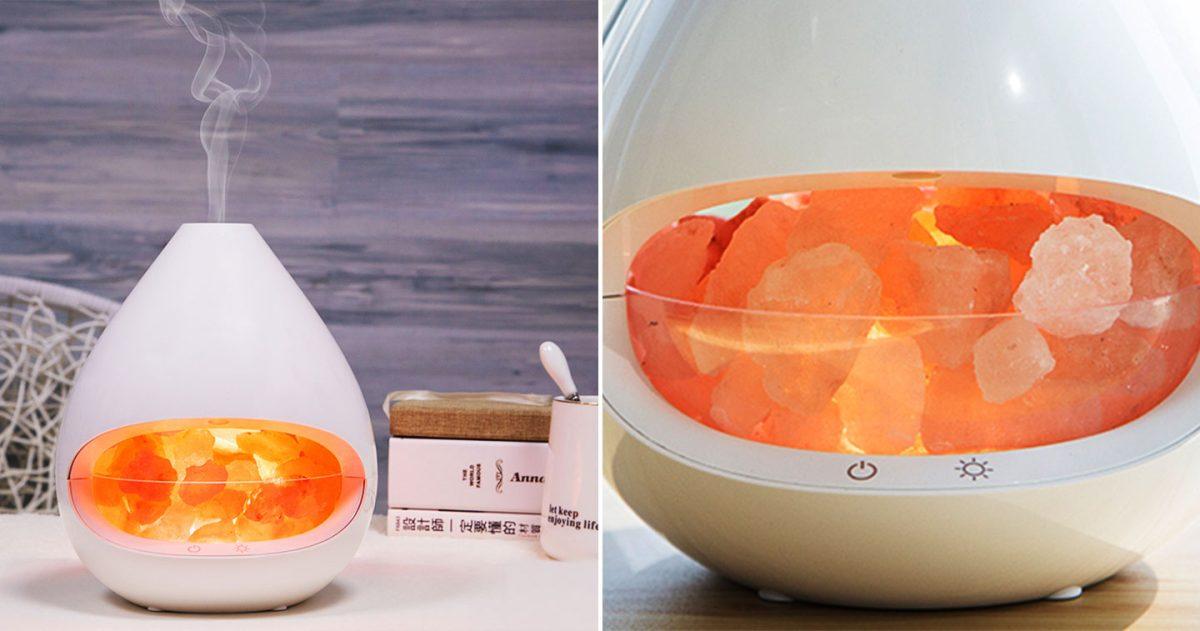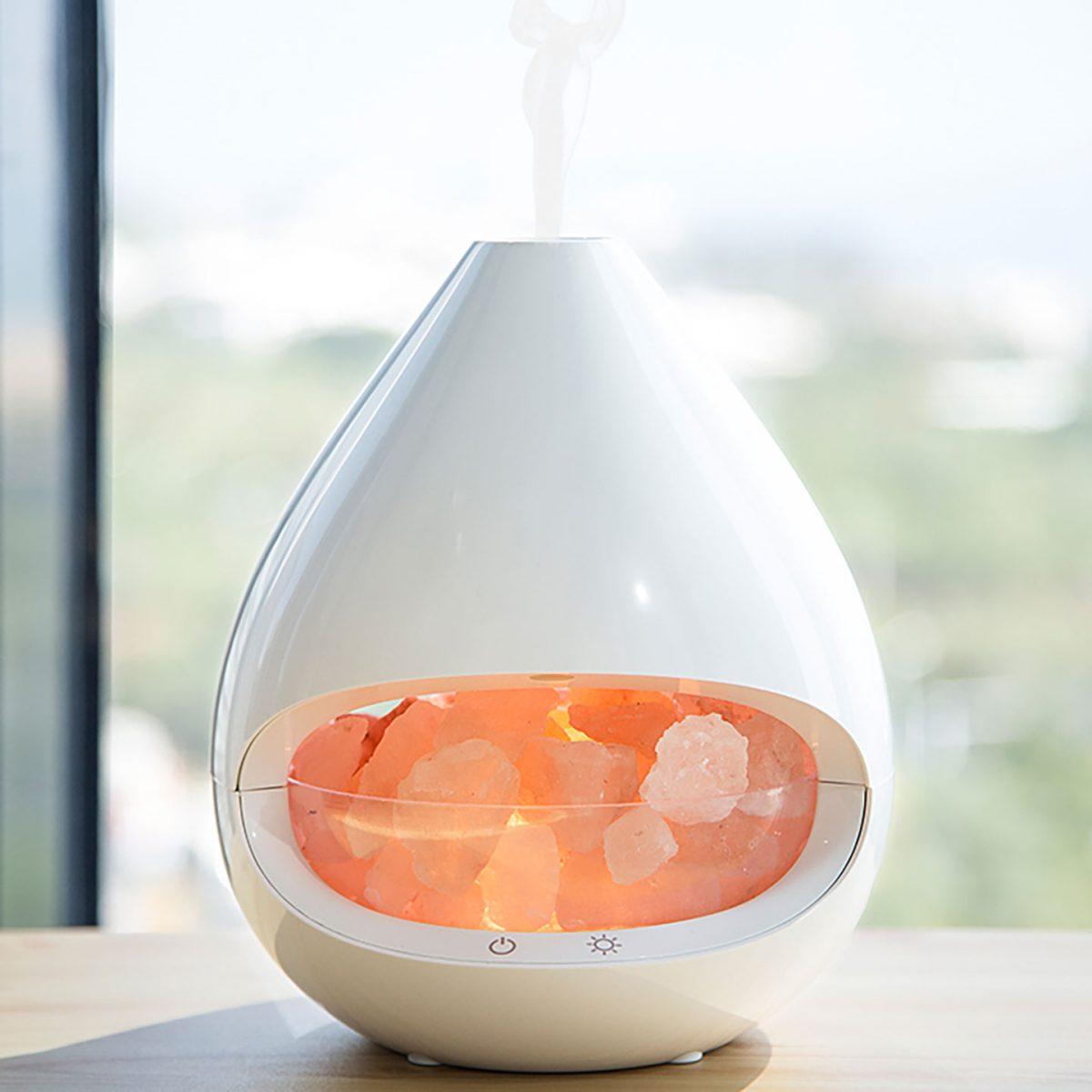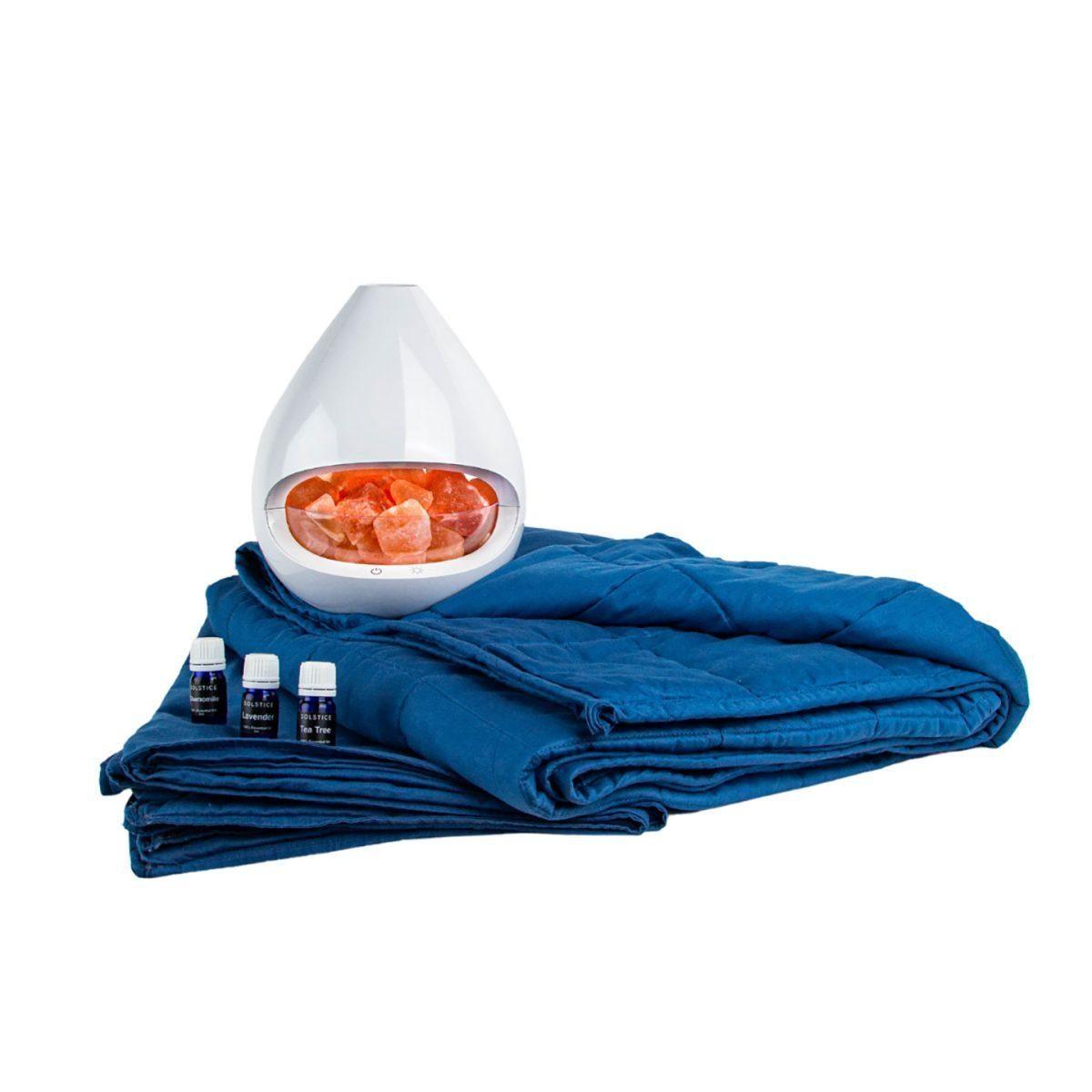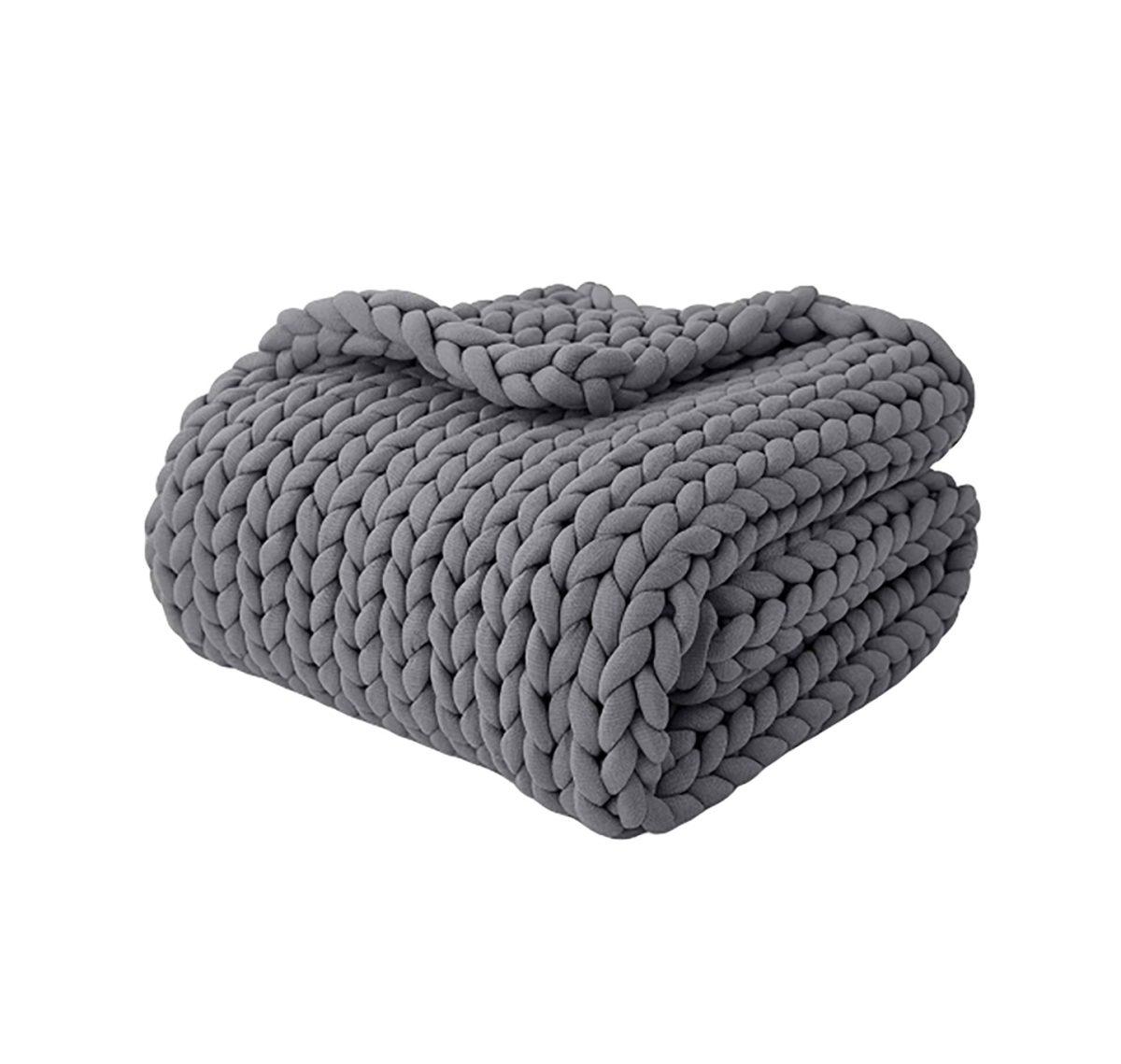MANILA, PHILIPPINES — As people experience a heightened level of anxiety and stress brought about by the pandemic, a lot begin to have more problems with their quality of sleep. It seems that restful sleep has started to be an issue to be dealt with. Mondial Direct responds precisely to this need and emphasizes it especially with the World Sleep Day just some days away.
Mondial Direct has a lineup of home essentials that can help ensure that one’s quality of sleep is unhampered throughout the night. Among these products are weighted blankets and aromatherapy sets composed of a Himalayan Salt lamp diffuser and an array of essential oils.
Seven to nine hours of continuous sleep is the recommended duration for adults for a healthy sleep cycle. Sleeping well daily has tremendous effects on bodily health and general mood. Those who experience sleep deprivation are prone to cardiovascular diseases, diabetes and obesity. Lack of sleep has also been linked to mental exhaustion, anxiety, anger and even sadness.
Dr. Michael Alexius A. Sarte, Director of the Center for Snoring and Sleep Disorders at The Medical City Pasig advocates for people to get a full night’s sleep on a regular basis. He has also witnessed firsthand how this ongoing pandemic has left people restless and full of frustrations.
For practical tips on how to sleep better despite this stressful period, Dr Sarte said, “Getting regular exposure to sunlight during the day and having a dark bedroom at night can aid the body to sleep better. At least 150 minutes of exercise per week is also recommended as this can be an antidepressant and can generally improve sleep quality.”
“Sleep hygiene is also very important. I always stress that forming good habits for a good night’s sleep can be very crucial. Such habits can include beginning rituals that help one relax each night before bed. Alongside this, creating a comfortable and relaxing space is also indispensable for good quality sleep,” Sarte adds in a recent lecture on managing sleep amidst stress.
While habits are formed and tested through time, creating a restful environment can be done with a tap of a finger. At a discounted price of P8,800, Mondial Direct offers its “Better Sleep Bundle” which includes sleep essentials such as the Solstice Lamp, 3 Essential Oils (Lavender, Chamomile, Tea Tree), and Weighted Blanket.
Mondial Direct is in the business of bringing innovations in areas of personal and home care and medical devices within your reach. Their product lineup consists of only the most carefully-sourced, top-of-the-line items which aim to provide the utmost safety and protection for you and your family. Like their page on Facebook (fb.com/mondialdirect), follow them on Instagram (@mondialdirect), and shop for their items over at their website (mondialdirect.com.ph)












